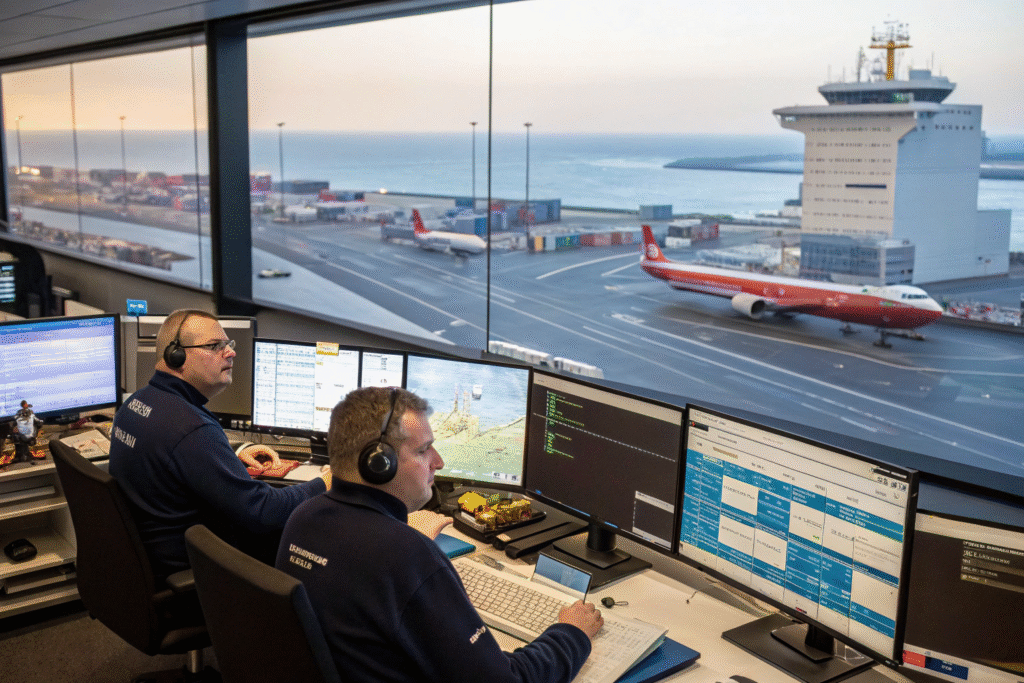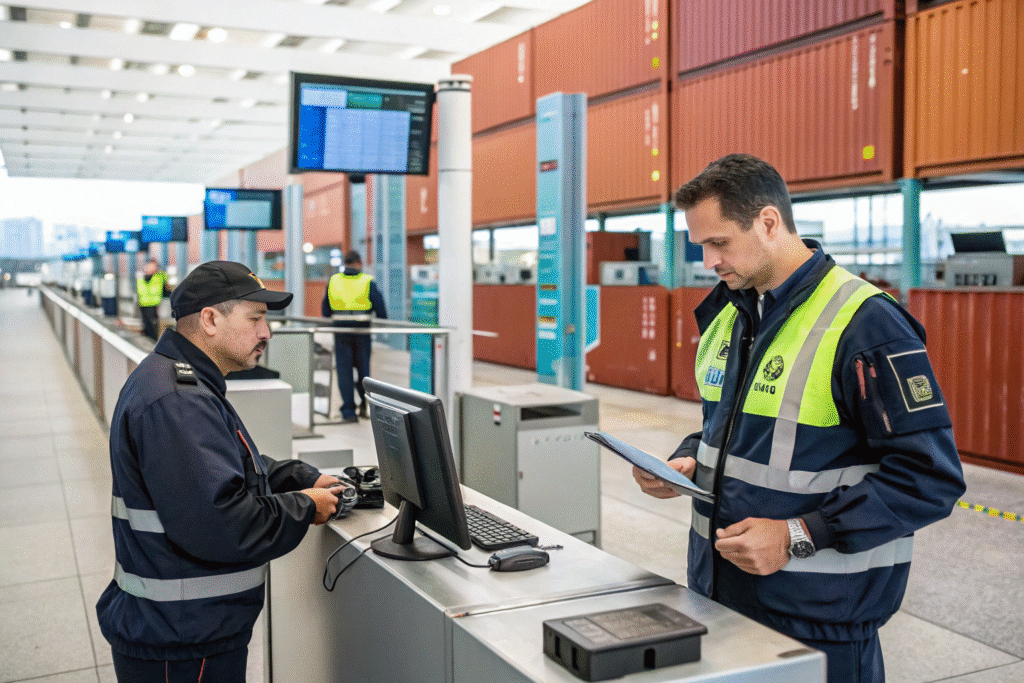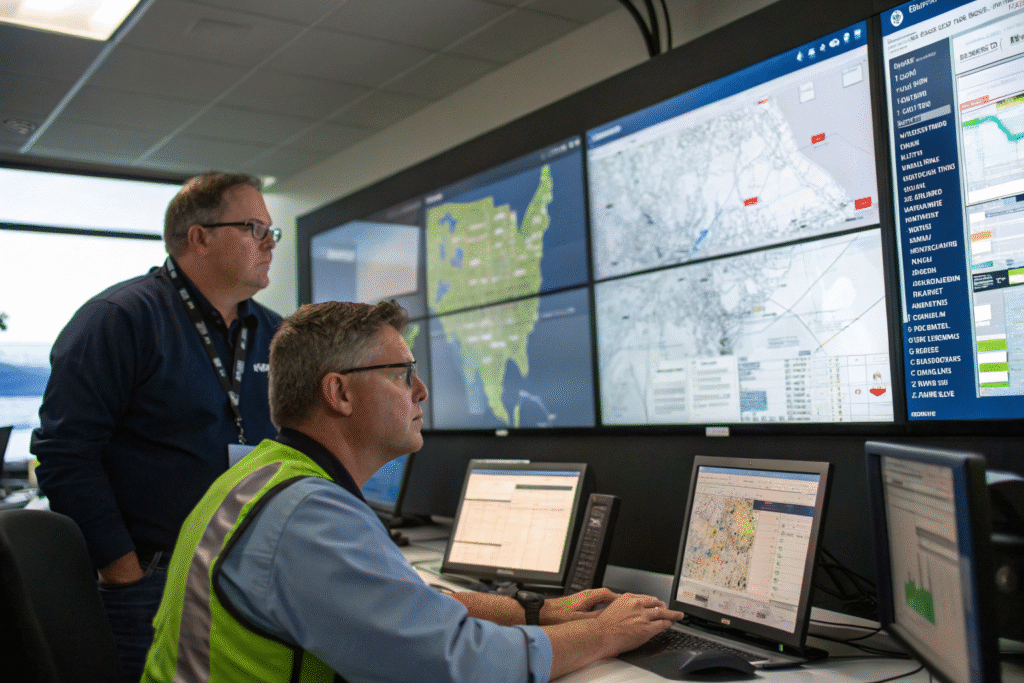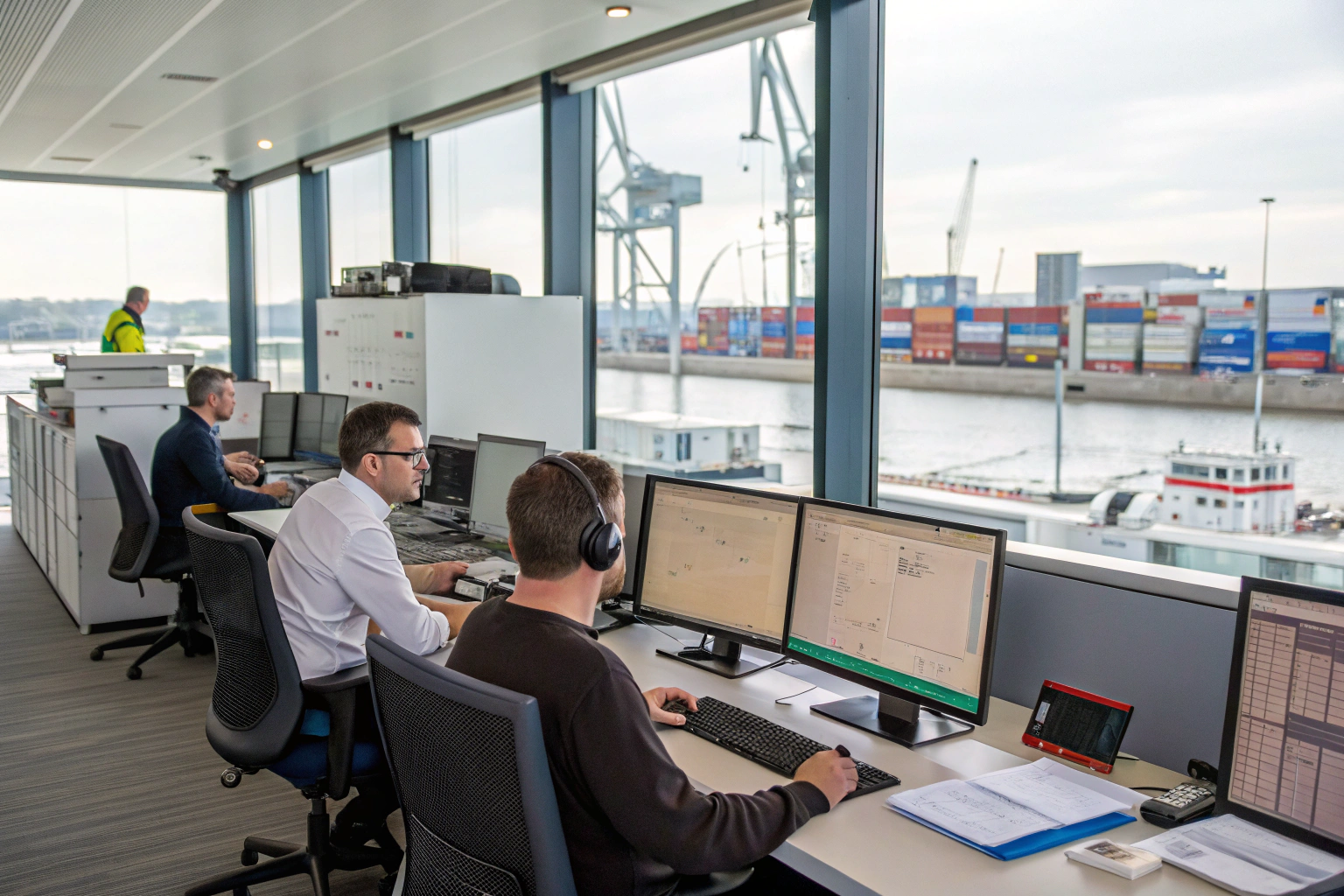Ron, a seasoned U.S.-based buyer sourcing accessories and apparel from Chinese factories, often wondered how international shipping ran so smoothly—until it didn’t. When a shipment was delayed due to a documentation error, he realized the freight forwarder wasn’t just a middleman. They were the engine behind global trade.
A freight forwarder plays a pivotal role in international logistics by coordinating transportation, handling documentation, clearing customs, managing risk, and optimizing delivery routes across global supply chains. Companies like GeeseCargo serve as the command center between shippers, carriers, customs, and consignees.
If you’re shipping goods globally and unsure how freight forwarders actually make that possible, this article will walk you through each core responsibility we manage from start to finish.
How Do Freight Forwarders Coordinate International Shipments?
The moment a purchase order is confirmed, the logistical clock starts ticking. From supplier pickup to warehouse delivery, multiple modes, borders, and timelines must align.
Freight forwarders coordinate every segment of the international journey, managing schedules, carrier bookings, cross-border transitions, and delivery milestones.

What Transportation Modes Do We Manage?
We work across:
- Ocean Freight: FCL and LCL container bookings
- Air Freight: Urgent or high-value cargo
- Rail Freight: Eurasian land bridge routes
- Road Freight: Final mile and cross-border trucking
By maintaining relationships with global carriers like Maersk, DHL Global Forwarding, and local trucking fleets, we ensure goods move efficiently no matter the route.
How Do We Handle Multi-Origin Shipments?
Ron often sources from three factories: Guangzhou, Yiwu, and Ningbo. We collect from each, consolidate in a bonded warehouse, and dispatch via optimized routing (e.g., air for accessories, ocean for bulk apparel). This reduces cost and shortens lead time, all while keeping inventory traceable through our platform.
What Documentation Tasks Do Freight Forwarders Handle?
The paperwork behind global trade is dense. One wrong code or missing detail can stall your shipment for days or weeks. That’s why our document team is the backbone of every successful delivery.
Freight forwarders handle all export and import documentation, ensuring compliance with both origin and destination countries’ trade regulations.

What Are the Most Important Trade Documents?
We prepare and manage:
- Commercial Invoices
- Packing Lists
- Bill of Lading (B/L or AWB)
- Certificates of Origin
- Customs Declarations (Entry Summary)
All documents are pre-reviewed before submission to platforms like China’s Single Window or U.S. CBP ACE. This proactive step minimizes customs holds and prevents fines.
Can We Support Special Documentation Needs?
Yes. For example, Ron’s shipment of leather accessories required animal-origin declarations and FDA compliance. We sourced relevant documents and filed them through approved platforms to ensure legal entry. For EU markets, we also support REACH and CE labeling requirements.
How Do Freight Forwarders Assist with Customs and Compliance?
Customs clearance is often the most stressful part of international logistics. Each country enforces different rules, taxes, and procedures. A trusted freight forwarder reduces that complexity for clients.
We ensure shipments meet all import/export compliance standards and work directly with customs officers to expedite clearance.

How Do We Handle Import Declarations?
GeeseCargo manages:
- HS code classification
- Value declaration audits
- Duty calculation
- Product license validation
- Country of origin reviews
We file entries through systems like ICS2 in Europe or Section 321 Entry in the U.S., ensuring our clients enjoy tax-exempt or reduced-tariff entry when eligible.
What If a Shipment Gets Held?
If customs flags an issue, we:
- Send port agents to negotiate release
- Submit missing documents or clarifications
- Pay duties or demurrage on client’s behalf (if DDP)
- Arrange second inspection when necessary
Our network of CTPAT-compliant brokers helps accelerate border inspection processing for trusted clients.
How Do Forwarders Optimize Routing and Risk Management?
Beyond paperwork and shipping, logistics requires foresight. We track weather, strikes, port congestion, and political risk to make smarter route decisions.
Freight forwarders reduce delay risk, minimize damage or loss, and optimize shipping routes through real-time planning and cargo insurance services.

How Do We Adjust Routes Dynamically?
For example, when Typhoon Talim hit Shenzhen, we shifted Ron’s shipment through Xiamen Port and rerouted via rail + air from Chengdu. This avoided a two-week delay. We monitor platforms like MarineTraffic and FlightAware for real-time disruptions.
Do We Offer Cargo Insurance and Claims Support?
Yes. We provide:
- All-risk cargo insurance
- Damage/loss claim processing
- Coverage certificates for buyers, banks, or customs
Our claims team supports photographic documentation, surveyor coordination, and replacement shipment planning—all within the terms of coverage.
Conclusion
A freight forwarder isn’t just a booking agent—they are the architect of international trade. At GeeseCargo, we don’t just move boxes. We manage complexity, reduce cost, handle compliance, and deliver certainty.
From the moment your goods are produced until they arrive at your warehouse, our team coordinates each step with precision. Whether you’re shipping via sea, air, or hybrid routes, we make international logistics feel local—and your growth feel limitless.









